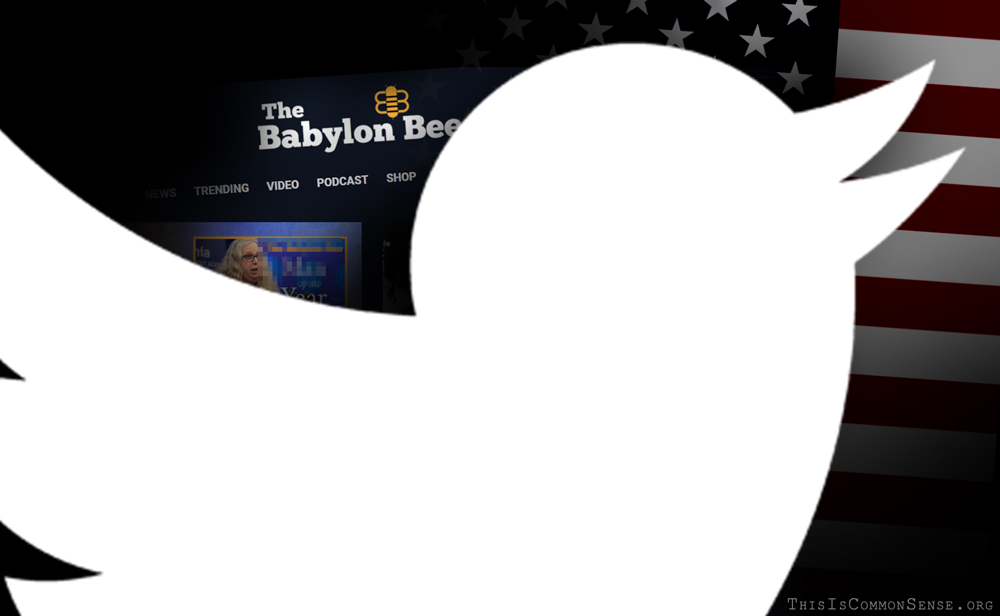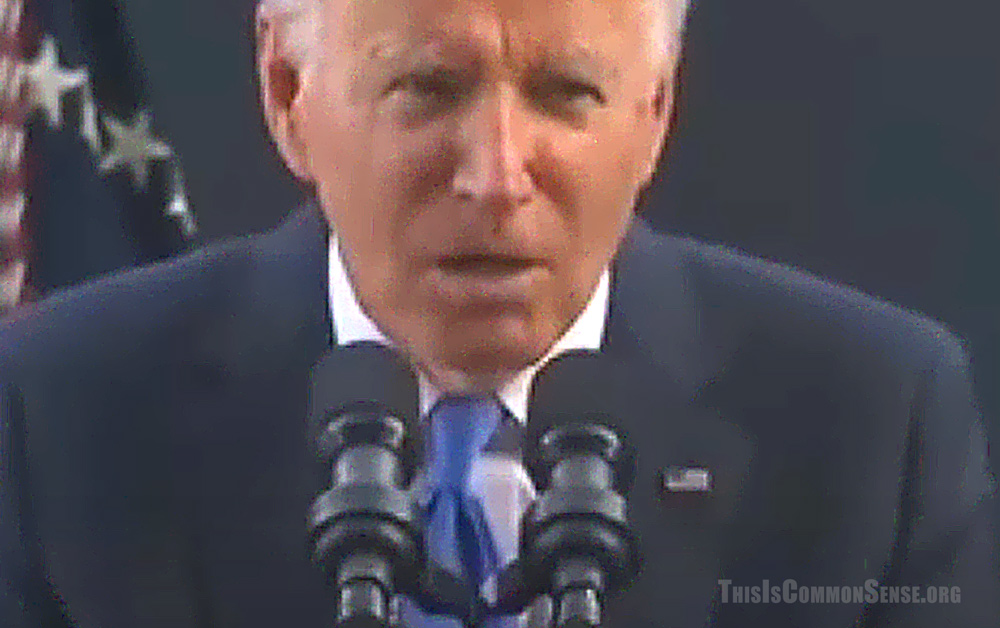We’re in a twilight zone beyond mere “mission creep” now.
Two months ago, creeps at the Department of Homeland Security (DHS) created a new censorship board, secret until its existence was revealed in congressional testimony.
This disinformatively named Disinformation Governance Board is headed by an open critic of the First Amendment, Nina Jankowicz. The purpose of the amendment being to protect freedom of speech and other rights from governmental assault, the new board and its director are especially alarming.
The DHS was formed after 9/11 to protect national security and combat terrorism, a form of politically motivated violence. And whatever the exact definition of “terrorism” should be, we can at least agree that arguing about the origins and issues of elections, pandemics, or Russian invasions doesn’t qualify. The bitterest clashing over facts is just speech, unless part and parcel of criminal acts.
But the purpose of the Disinformation Board is to combat and “address this threat” of election disinformation.
Merriam-Webster defines “disinformation” as “false information deliberately and often covertly spread” to “influence public opinion or obscure the truth.”
The First Amendment protects dishonest and mistaken honest speech, not just infallible honest speech. But by “disinformation,” foes of freedom of speech often mean “any speech we dispute.”
If the government can repress any speech that it chooses to label “disinformation,” that portends the end of freedom of speech.
The very existence of the Disinformation Board warrants a lawsuit on First Amendment grounds.
And since disinformation was coined to designate, specifically, government-concocted and distributed misinformation — a term of art in the “intelligence” and propaganda biz, called dezinformatsiya by Stalin — it is especially rich to see the current administration apply it directly against the people.
This is Common Sense. I’m Paul Jacob.
—
See all recent commentary
(simplified and organized)





